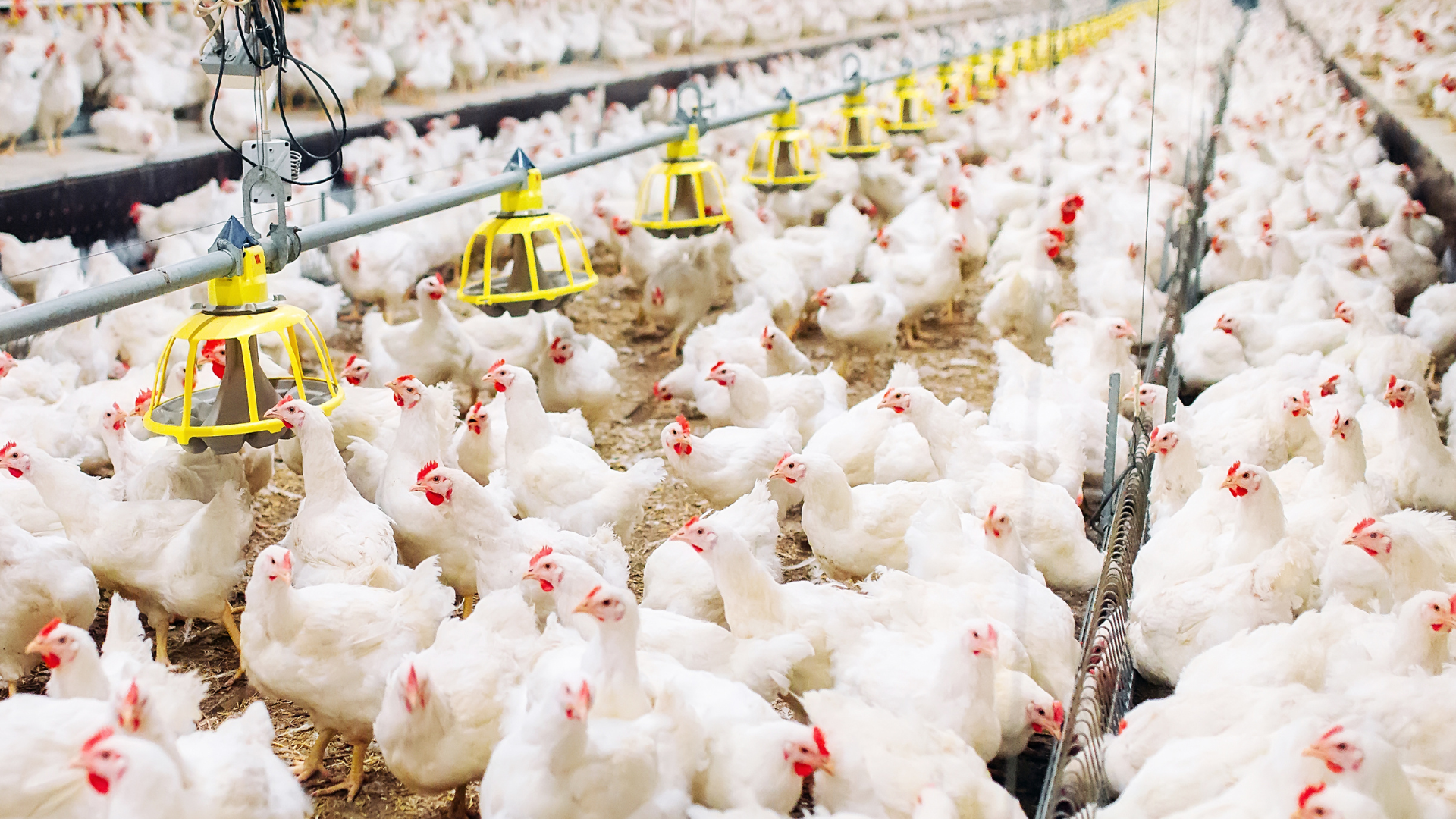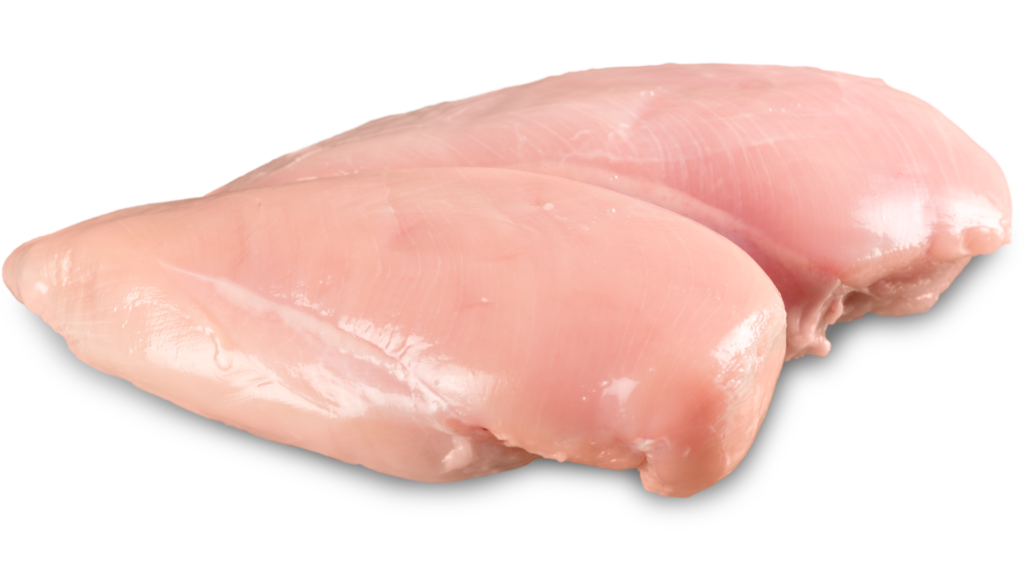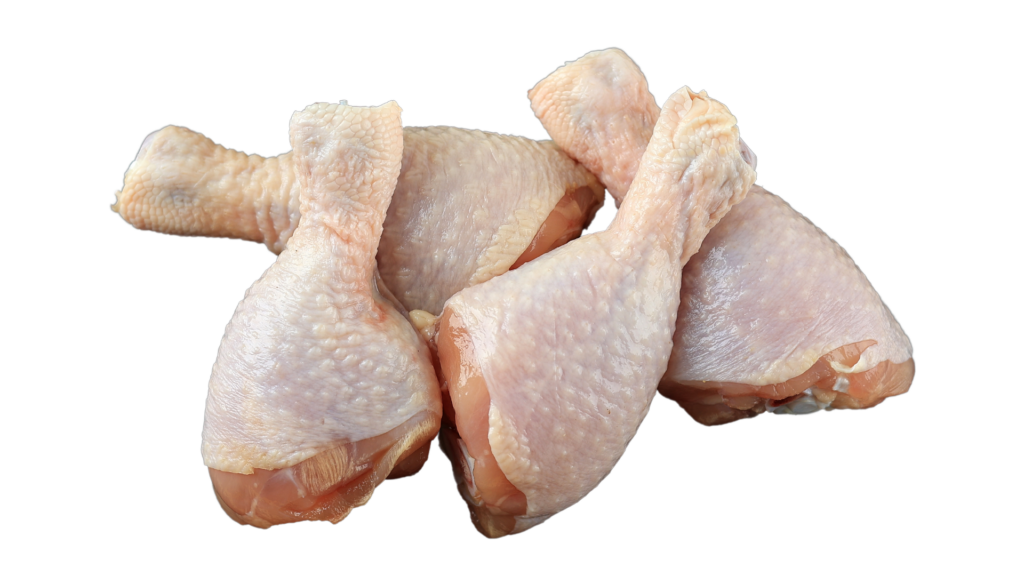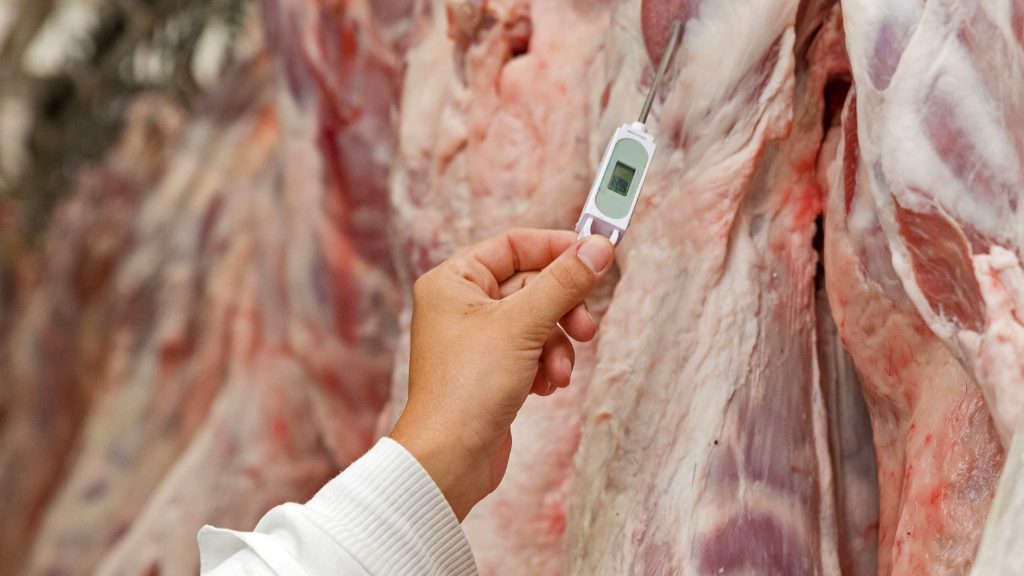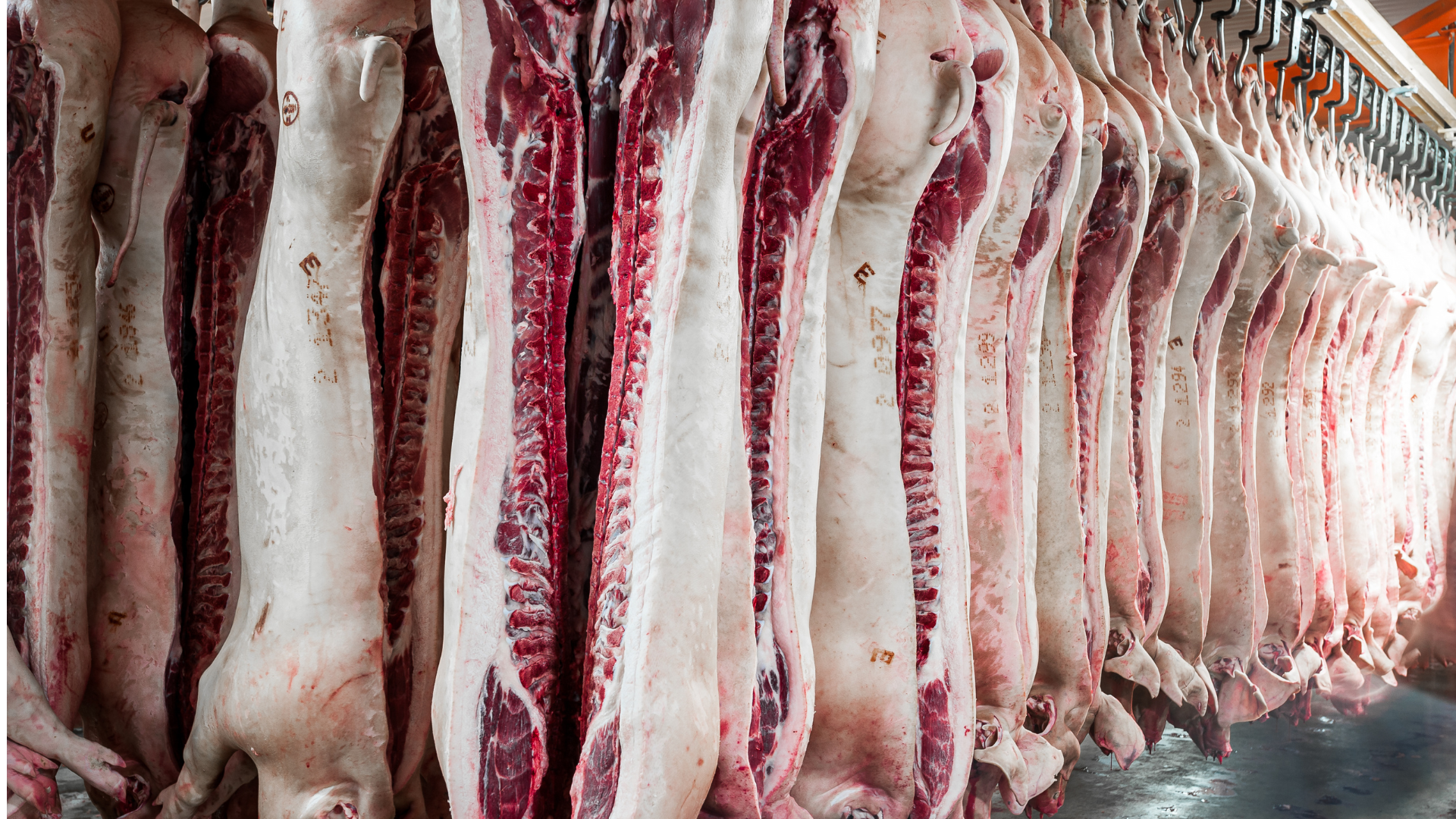
Meat is one of the most consumed and discussed foods worldwide, being a primary source of protein and essential nutrients for the human diet. There are various types of meat, including beef, pork, poultry, lamb, among others, each with its specific characteristics, flavors, and cooking methods. Beef, for example, is highly appreciated for its rich flavor and texture, and can be prepared in various ways, such as roasted, grilled, boiled, or fried. Pork, on the other hand, is known for its versatility and mild flavor, being used in a wide variety of dishes around the world, from traditional Brazilian barbecue to sophisticated European cuisine. Poultry meats, such as chicken and turkey, are often praised for being lean sources of protein, ideal for those seeking a healthier diet.
In addition to culinary aspects, the production and consumption of meat have important environmental, social, and ethical implications. The livestock industry is one of the largest contributors to greenhouse gas emissions, as well as requiring vast amounts of water and land. On the other hand, there are more sustainable production practices, such as regenerative farming and animal welfare, which seek to mitigate some of these impacts. The choice of the type of meat, its origin, and production method are important factors for conscious consumers who wish to align their dietary habits with their personal values and environmental concerns.


